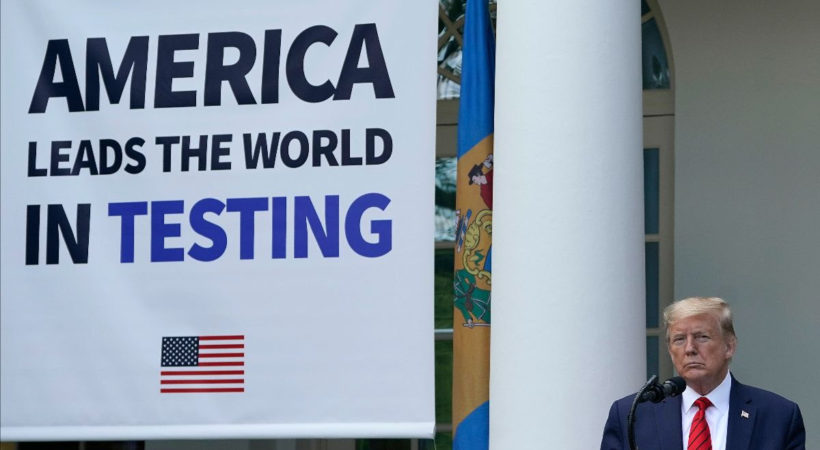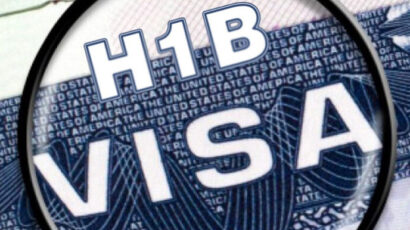Trump administration reverses course on order barring some foreign students

In the wake of complaints fielded by colleges and major businesses, the Trump administration on Tuesday has decided to give up their plan that would have forced some foreign students to leave the country, if implemented.
U.S. officials announced last week that they would not allow foreign students, whose classes moved online, to stay in the country if they were unable to transfer to a college with at least some in-person instruction.
The government said it would abandon the plan amid a legal challenge brought by universities. But a senior U.S. Department of Homeland Security (DHS) official said the administration still has the plan to implement the rule which would regulate foreign student’s right to remain in the United States if their classes move online.
There were many lawsuits which were filed challenging the rule including one brought by Harvard University and Massachusetts Institute of Technology and another by a coalition of state governments. Dozens of big companies and colleges and universities filed “friend-of-the-court” briefs counttering the rule.
There were more than one million international students in the United States for the 2018-19 academic year, according to the Institute of International Education (IIE).
The July 6 move by the administration blindsided many universities and colleges that were still making plans for the fall semester, trying to balance concerns about rising cases of the novel coronavirus in many U.S. states and the desire to return to classes.
Harvard had planned to make all of its classes online in the upcoming academic year. However, President Trump is opposing this move featuring Harvard’s plan as a ridiculous one.
The universities argued that the government’s move on this regard was unlawful and would adversely affect their academic institutions.
In a highly anticipated court hearing on Tuesday in the case brought by Harvard, U.S. District Judge Allison Burroughs in Massachusetts had mandated the U.S. government and the two elite universities that sued to come to a settlement that could reverse the new rules and restore the previous status quo.
The hearing lasted less than four minutes.
The controversy began after U.S. Immigration and Customs Enforcement (ICE) said that non immigrant F-1 and M-1 students attending schools operating entirely online might not take a full online course load and remain in the United States.















